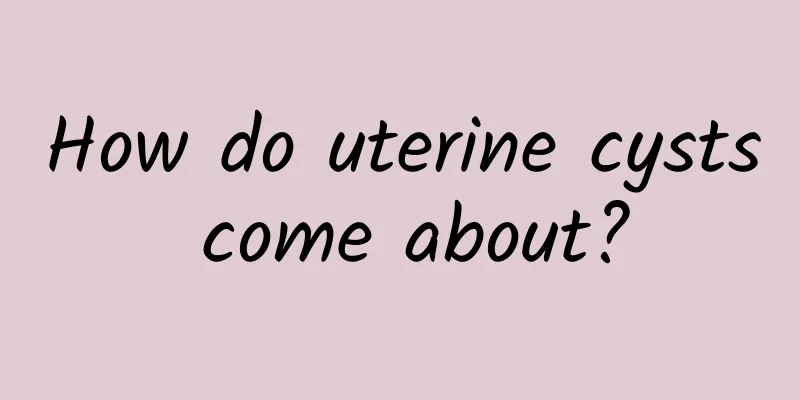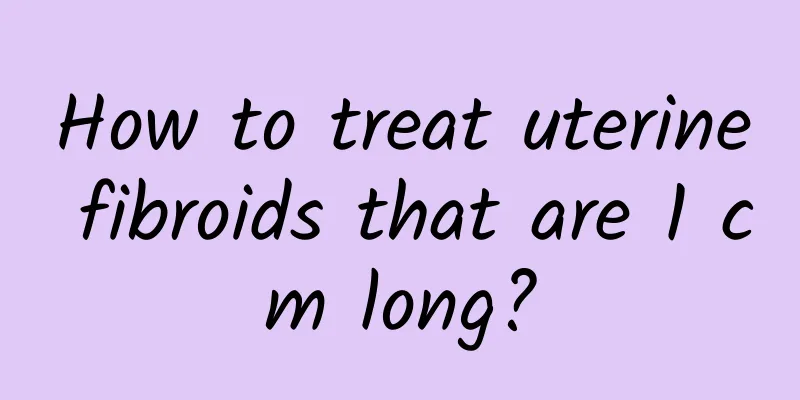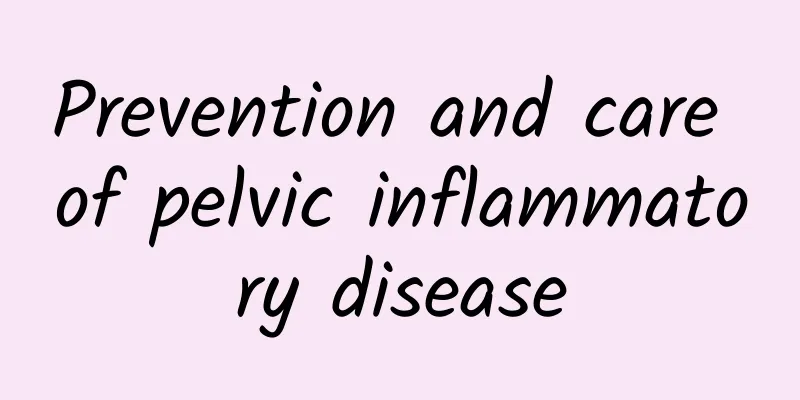How do uterine cysts come about?

|
The formation of uterine cysts may be related to genetics, environment, physiological factors, trauma or pathological changes. Treatment options include observation, drug therapy and surgical resection, and the specific choice depends on the type of cyst and symptoms. 1. Genetic factors: Some uterine cysts may be related to genetics, and people with a similar family history are at higher risk of the disease. It is recommended that women with a family history undergo regular gynecological examinations for early detection and intervention. 2. Environmental factors: Long-term exposure to harmful chemicals or radiation may increase the risk of uterine cysts. Avoiding contact with harmful substances and keeping the living environment clean and healthy can help reduce the probability of disease. 3. Physiological factors: Abnormal hormone levels are a common cause of uterine cysts, especially high estrogen levels. Maintaining hormone balance by adjusting diet, increasing exercise, etc. can reduce the occurrence of cysts. 4. Trauma: Trauma or surgery in the pelvic area may lead to the formation of uterine cysts. Paying attention to protecting the pelvic area and avoiding unnecessary trauma can help prevent cysts. 5. Pathological changes: Endometritis, endometriosis and other diseases may cause uterine cysts. Timely treatment of related diseases and prevention of worsening of the disease are important measures to prevent cysts. Treatments for uterine cysts include observation, medication, and surgical removal. For small, asymptomatic cysts, regular observation to monitor changes is usually recommended. Medication can use hormonal drugs, such as oral contraceptives, to help regulate hormone levels and shrink cysts. Surgical removal is suitable for patients with larger cysts or obvious symptoms. Common surgical methods include laparoscopic surgery and laparotomy. The specific choice depends on the patient's condition. The formation of uterine cysts involves many factors, and the treatment method should be selected according to the specific situation. Regular physical examinations, maintaining a healthy lifestyle and timely treatment of related diseases are the key to preventing and managing uterine cysts. |
<<: What is the reason for frequent bleeding after menopause?
>>: Will cervical adhesions cause infertility?
Recommend
What are the common situations of irregular menstruation
Irregular menstruation is something that I believ...
Can I get pregnant with adenomyosis? How to treat it?
Can you get pregnant with adenomyosis? How to tre...
Is pelvic peritonitis harmful to women?
In daily life, pelvic peritonitis is very common,...
Women need to know the causes of cervicitis
Among gynecological diseases, cervicitis is a rel...
What are the symptoms of uterine fibroids in women? Are the symptoms of uterine fibroids obvious?
Uterine fibroids, also known as uterine leiomyoma...
What is the treatment for mild cervical erosion? Mild cervical erosion is suitable for treatment with two methods
In daily life, many women who suffer from cervica...
If your period is always late, try these ingredients to relieve delayed menstruation
How to take care of yourself when your period com...
What are the symptoms of uterine fibroids? Common hazards of uterine fibroids
Nowadays, due to the attention paid by female fri...
Three necessary examination items for cervical hypertrophy
Cervical hypertrophy can cause great harm to fema...
Pay attention to 3 aspects of care after abortion
Abortion can help women with unexpected pregnancy...
What are the causes of uterine fibroids?
Many female friends find it strange that they usu...
What are the common harmful consequences of hyperprolactinemia?
Hyperprolactinemia is caused by internal and exte...
Super sexy "butt dance" made her lose 6.8 kg in a week
Following "Gangnam Style" and "Har...
What are the treatments for chronic cervicitis?
Chronic cervicitis belongs to the category of &qu...
Can Bartholinitis be contagious to another woman?
Bartholinitis is most common in women of childbea...









